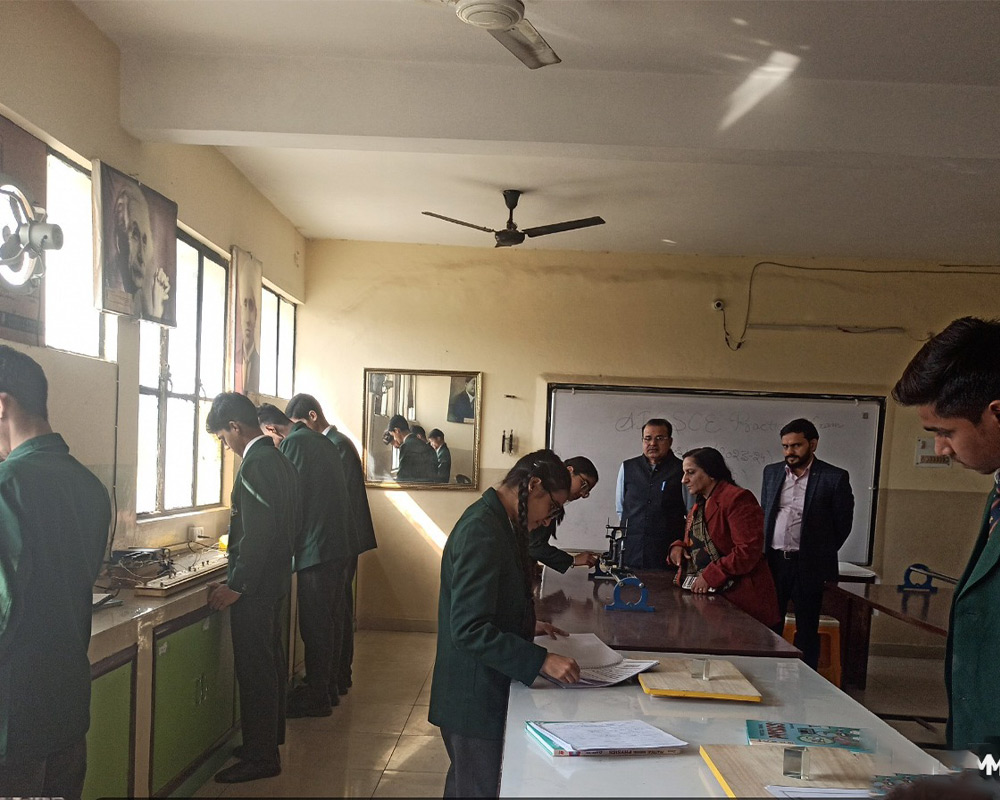
Physics labs in school play a crucial role in enhancing students' understanding of theoretical concepts through hands-on experimentation. These labs provide a practical dimension to the theoretical knowledge gained in classrooms, fostering a deeper comprehension of physical principles. Students engage in various experiments, utilizing equipment like pendulums, inclined planes, and electrical circuits to explore fundamental concepts such as motion, forces, and electricity.
The objectives of physics labs include developing critical thinking skills, honing experimental techniques, and fostering a scientific mindset. Students learn to formulate hypotheses, design experiments, collect and analyze data, and draw conclusions based on evidence. These experiences not only reinforce theoretical knowledge but also cultivate problem-solving skills essential for scientific inquiry.
Physics labs also serve as platforms for students to apply mathematical concepts in real-world scenarios, reinforcing the interdisciplinary nature of the subject. The hands-on nature of experiments sparks curiosity and encourages students to ask questions, fostering a genuine interest in the subject. Additionally, these labs help students develop teamwork and communication skills as they collaborate with peers to conduct experiments and present findings.
In summary, physics labs are integral components of a comprehensive science education, providing students with the practical skills and knowledge necessary to comprehend and appreciate the fascinating world of physics.
